 Research Update
Research Update
14
AugustRecently, the delegation of China Macroeconomic Forum from National Academy of Development and Strategy (NADS) went to Qinghai for new energy and ecological development research.
Liu Yuanchun, Vice President of RUC, Yang Ruilong, Dean at Institute of Economic Research, RUC, Mao Zhenhua, Dean at Institute of Economic Research at RUC, Chairman of China Chengxin Credit Management Co., Ltd. (CCXI), Liu Fengliang, Executive Deputy Dean of the Graduate School at RUC, Yan Yan, Deputy Dean at Institute of Economic Research, RUC, Chairman of China Chengxin Credit Management Co., Ltd. (CCXI), Zhu Rong, Deputy Dean at Institute of Economic Research at RUC, President of Beijing Changlonghaichou Investment Management, Wang Jinbin, Deputy Secretary and Dean of School of Economics at RUC, Chen Yanbin, Director of National Economics Textbooks Research Center at RUC, Zhang Jie, Deputy Dean of the Beijing Academy of Development & Strategy at RUC, and other experts participated in the research.
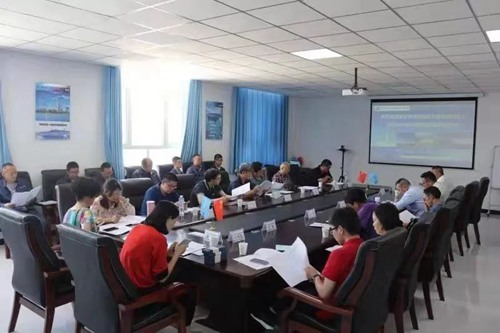
On June 30th, 2019, the research team headed to the Northwest Branch of China Three Gorges New Energy Co., Ltd. during the study, the team was accompanied by leaders and experts of the Northwest Branch including Party Branch Secretary Li Xueliang, Deputy General Manager Shuai Zhengfeng and Li Dawei, and Zhou Tan, Head of Golumd Project, Dong Weiping, Head of Golumd Operation Division.
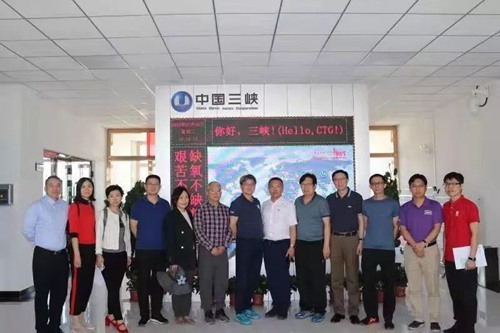
China Three Gorges Corporation and CTG New Energy have attached great importance to the development of new energy in Qinghai. It witnessed the early development and construction of new energy development in Qinghai, and signed Strategic Cooperation Framework Agreement in 2010. In the following years, CTGNE set up the first 500MW photovoltaic power plant in Golumd, and the first high-altitude wind power pilot project in Qinghai.
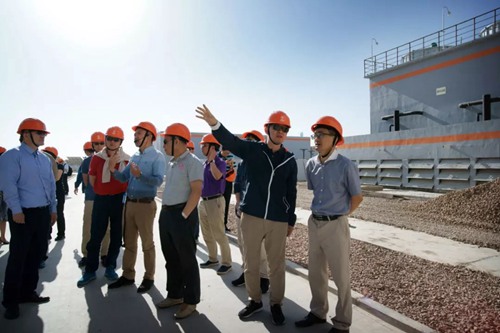
On August 2nd morning, the delegation visited Qinghai Zhongguang Science Company. Wang Wubin, General Manager and Deputy Party Secretary of China Three Gorges New Energy Co., Ltd., Xiao Gang, Professor and Director of Education Affairs at School of Power Engineering, Zhejiang University, Ye Yuanchun, Secretary-General of The General Association of Zhejiang Entrepreneurs, Fu Jian, Chairman of Lianli Technology Investment also joined the survey.
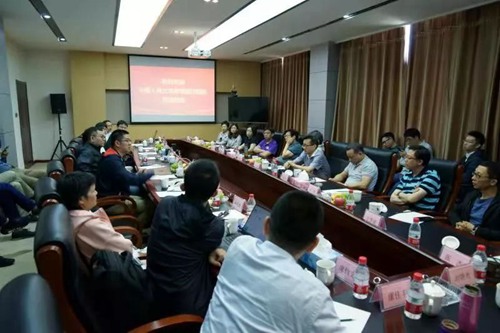
The SUPCON SOLAR Delingha tower CSP project is located in Delingha, Qinghai Province, installed with 50MW capacity. The plant can realize power production 24 hours a day with stable output power and flexible adjustment.

In the afternoon, the research team paid a visit to the Ecology and Environment Office in Qinghai. Li Fei, Director of Information Center at Qinghai Ecology and Environment Office offered a detailed introduction to the ecological conditions of typical regions in Qinghai during a tour of “The Ecology of Qinghai” exhibition.
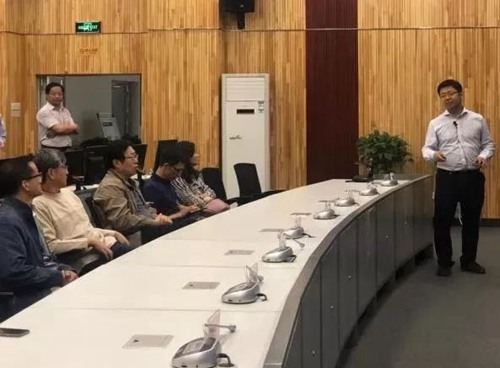
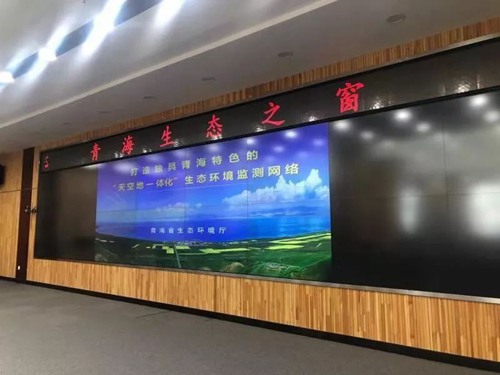
On August 3rd, the delegation visited State Grid Qinghai Electric Power Company and Qinghai Huanghe Hydropower Development Co. Ltd. Wei Xiangui, General Manager of Qinghai Huanghe Hydropower Development Co. Ltd. had an in-depth exchange of views with RUC delegation.
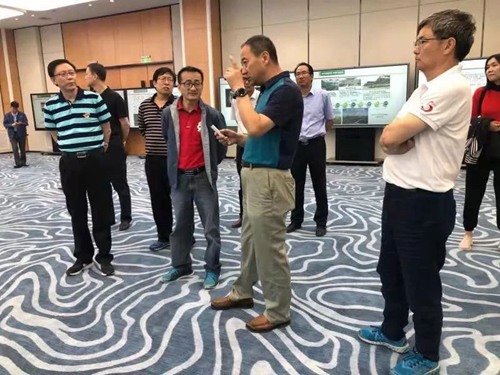
Qinghai Huanghe Hydropower Development built 17 hydropower stations in Banduo, Longyangxia and other places along the Yellow River. In Qinghai, the company participated in the construction of two kilowatts renewable energy bases including plants with annual production of 2500 tons of electronic-grade polycrystalline silicon, 120 million silicon slices, 0.6 million tons of electrolytic aluminum and 0.3 million tons of carbon.
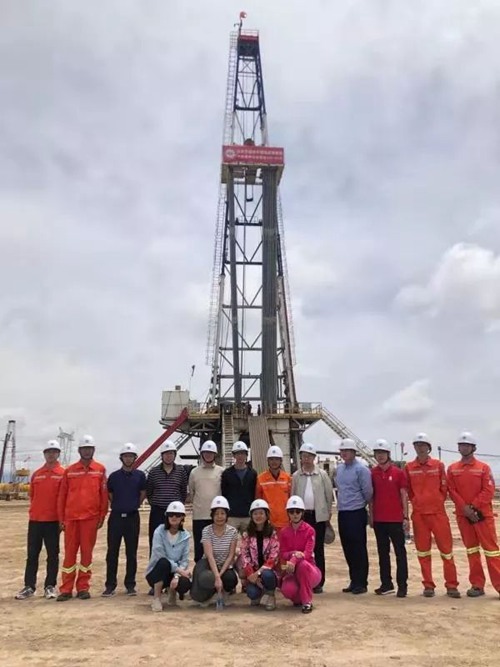
On August 4th, the research team surveyed hot dry rock (HDR) in Gonghe County, Qinghai. Wang Wenshi, Chief Scientists of Gonghe Basin HDR Project lead by the Exploration Technology Research Institute at China Geological Survey, along with other experts introduced the HDR project.
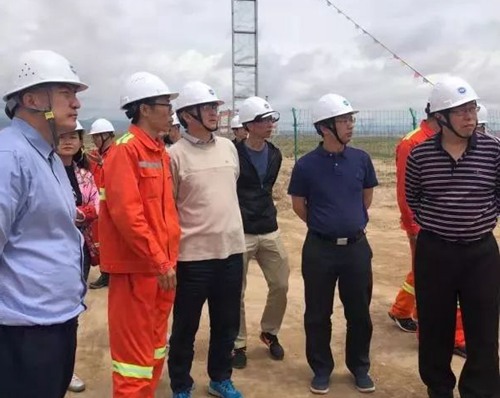
Hot dry rock resource can be an efficient alternative to the coal and fossil energy, which is of strategic importance. About one-sixth of world HDR energy stored 3.0-10.0 km deep underground in the world is found in mainland China, including Qinghai-Tibet Plateau, Songliao Basin, Bohai Bay Basin, and Southeastern coastal areas.
The start of Gonghe Basin HDR Project in Qinghai indicates Chinese research in HDR resource is not restricted to laboratory experiment, but advances into the further stage of field development.